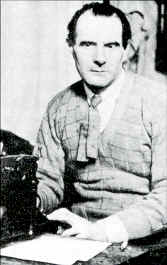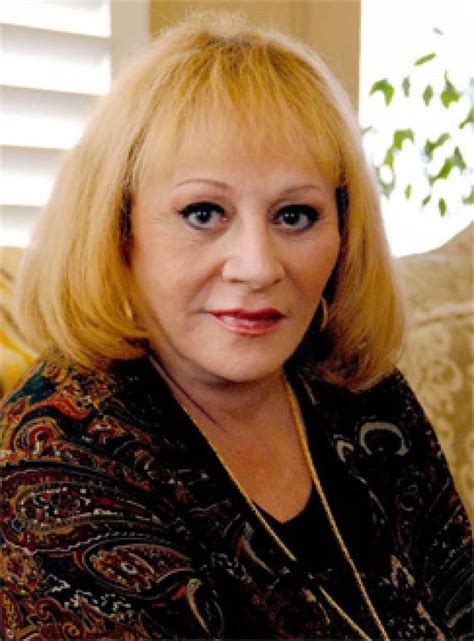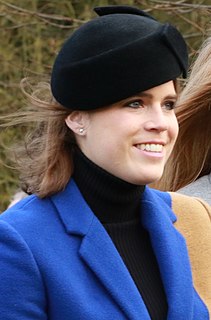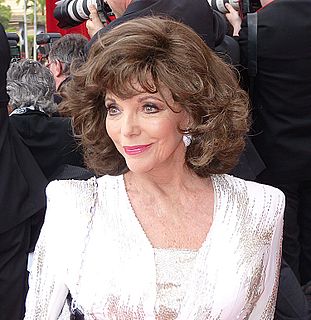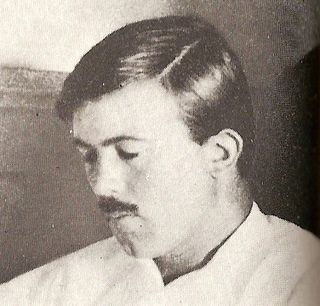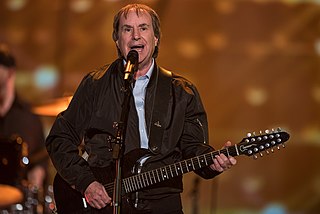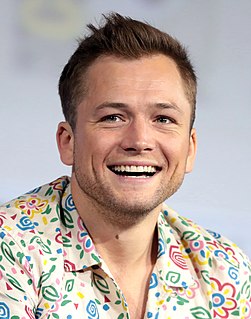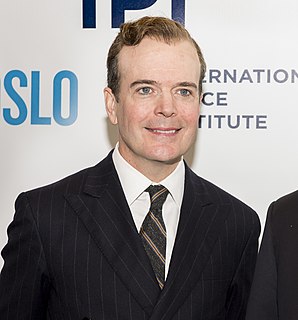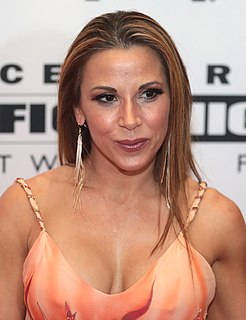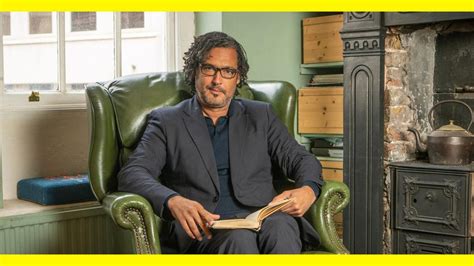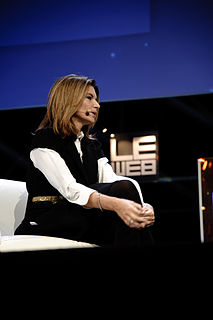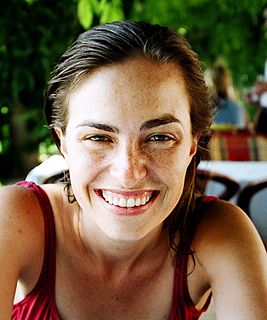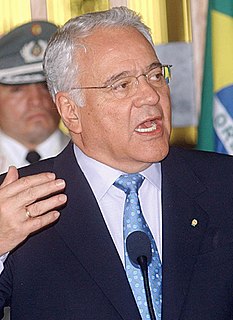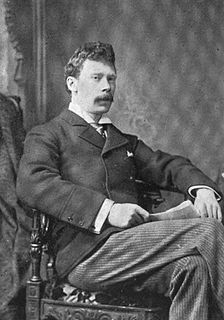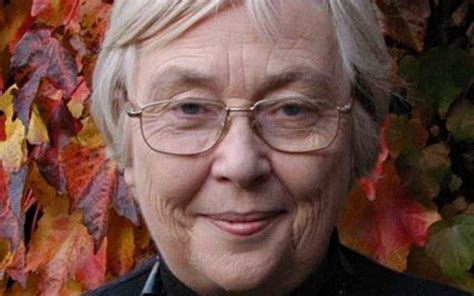Top 1200 English Literature Quotes & Sayings
Explore popular English Literature quotes.
Last updated on November 21, 2024.
Bitter criticism caused the sensitive Thomas Hardy, one of the finest novelists ever to enrich English literature, to give up forever the writing of fiction. Criticism drove Thomas Chatterton, the English poet, to suicide. . . . Any fool can criticize, condemn and complain - and most fools do. But it takes character and self-control to be understanding and forgiving.
I'd studied English literature and American history, but the English literature, which I thought was going to be helpful to me in an immediate way, was the opposite. So I had to un-think a lot of things and move out of my own head, and I learned a lot. It was like graduate school, but an un-graduate school or an un-school.
English is, from my point of view as an Americanist, an ethnicity. And English literature should be studied in Comparative Literature. And American literature should be a discipline, certainly growing from England and France, Germany, Spain, Denmark, and the Native traditions, particularly because those helped form the American canon. Those are our backgrounds. And then we'd be doing it the way it ought to be done. And someday I hope that it will be.
The Saga of Dharmapuri is one of the great works of modern Indian literature. (...) Set against Vijayan's heroic and scatological Candide -- originally written in Malayalam and finely translated into English by the author -- the timidity of our own English talent for political satire is embarrassingly laid bare. For this is dangerous stuff, and cut close to the bone. (...) Fiercest of all is Vijayan's Voltairean recoil from Indian cringing to power.
I think that Indian writing in English is a really peculiar beast. I can't think of any literature - perhaps Russian literature in the nineteenth century comes close - so exclusively produced by and closely identified with a tiny but powerful ruling elite, the upper-caste, Anglophone upper middle class, and dependent for so long on book buyers and readers elsewhere.
And in spite of everything, Ireland remains the brain of the Kingdom. The English, judiciously practical and ponderous, furnish the over-stuffed stomach of humanity with a perfect gadget--the water closet. The Irish, condemned to express themselves in a language not their own, have stamped on it the mark of their own genius and compete for glory with the civilized nations. This is then called English literature.
I changed my major to English literature, which was on the advice of my father. I finally said, "You know, Dad, to heck with it: I'm just going to be an actor. But I'm going to go to school." And he said, "Well, if you're going to go to school, then major in English literature. Those are the tools you are going to be working with as a man who's going to be acting in English, one would assume."
We are lucky in the United States to have our liberal arts system. In most countries, if you go to university, you have to decide for all English literature or no literature, all philosophy or no philosophy. But we have a system that is one part general education and one part specialization. If your parents say you've got to major in computer science, you can do that. But you can also take general education courses in the humanities, and usually you have to.
Read a lot. But read as a writer, to see how other writers are doing it. And make your knowledge of literature in English as deep and broad as you can. In workshops, writers are often told to read what is being written now, but if that is all you read, you are limiting yourself. You need to get a good overall sense of English literary history, so you can write out of that knowledge.
The English tourist in American literature wants above all things something different from what he has at home. For this reason the one American writer whom the English whole-heartedly admire is Walt Whitman. There, you will hear them say, is the real American undisguised. In the whole of English literature there is no figure which resembles his - among all our poetry none in the least comparable to Leaves of Grass
Translated literature can be fascinating. There's something so intriguing about reading the text second hand - a piece of prose that has already been through an extra filter, another consciousness, in the guise of the translator. Some of my favorite writers who have written in English were doing so without English being their first language, so there's a sense of distance or of distortion there, too. Conrad. Nabokov. These writers were employing English in interesting ways.


